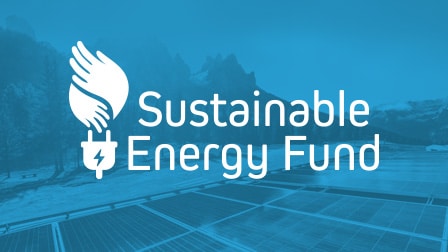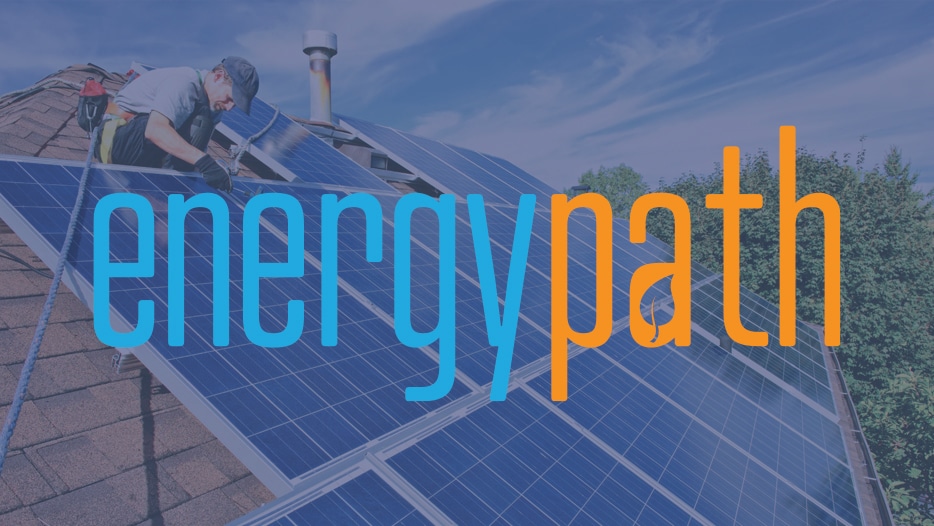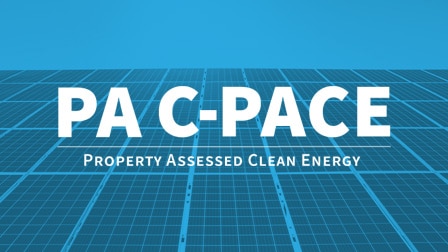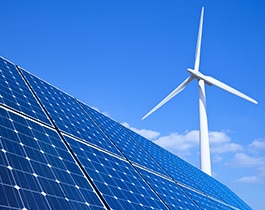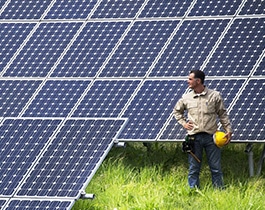Events
C-PACE Stakeholder Meeting
The Sustainable Energy Fund (SEF) and Philadelphia Energy Authority (PEA) are organizing stakeholder meetings in anticipation of C-PACE Expansion legislation passing in Pennsylvania.
The Pennsylvania House and Senate have passed legislation to expand eligibility for C-PACE projects. Both the House bill (HR 1760) and Senate bill (SB 635) have made it through their respective chambers. One chamber will need to approve the other’s bill before it can be sent to Governor Wolf for signature. We do not know when this will happen.
SEF and PEA need to modify the C-PACE Program Guidelines in order to implement the expansion legislation that includes a newly-eligible building type (multifamily) and measures (Indoor Air Quality (IAQ) and Resiliency). In anticipation of bill passage, we are scheduling stakeholder engagement meetings on the newly eligible measures. We are starting with IAQ and Resiliency because, unlike multifamily, they will require developing new technical guidelines. Once the legislation is passed, we will schedule the multifamily stakeholder meeting.
All meetings will be held via Zoom.
You are invited to attend any or all of the meetings. We only ask that you register at least 24 hours in advance. That way we can be prepared for the number of people attending.
C-PACE STAKEHOLDER MEETINGS
Resiliency: Friday, February 25th, 1:00-3:00 PM EST. Click here to register. You can register for this meeting and the IAQ meeting simultaneously if you plan to attend both.
Multifamily: To be scheduled. Please check back here for updates on meeting dates and times. You may also email [email protected] and ask to receive an email when new meetings are scheduled.
ADDITIONAL BACKGROUND ON MEETINGS
The purpose of the C-PACE expansion stakeholder engagement meetings is to gather input from subject matter experts, C-PACE capital providers, consumer advocates, and other interested parties in a way that everyone has an opportunity for their viewpoint to be expressed and heard so that revised C-PACE Program Guidelines can be developed which fulfill the intention of the state statute to allow for investments in clean energy, healthy indoor environments, and resiliency that benefit the public good.
Definitions from the legislation:
Indoor air quality project: A project that improves the rated performance in indoor air quality by reducing exposure to indoor airborne contaminants.
Resiliency improvement: Any fixture, product, system, equipment, device, material, or interacting group thereof intended to increase resiliency or improve the durability of real property needed to withstand natural disasters, including, but not limited to, flood mitigation, wind resistance, energy storage, and microgrids, as defined by a local government.
